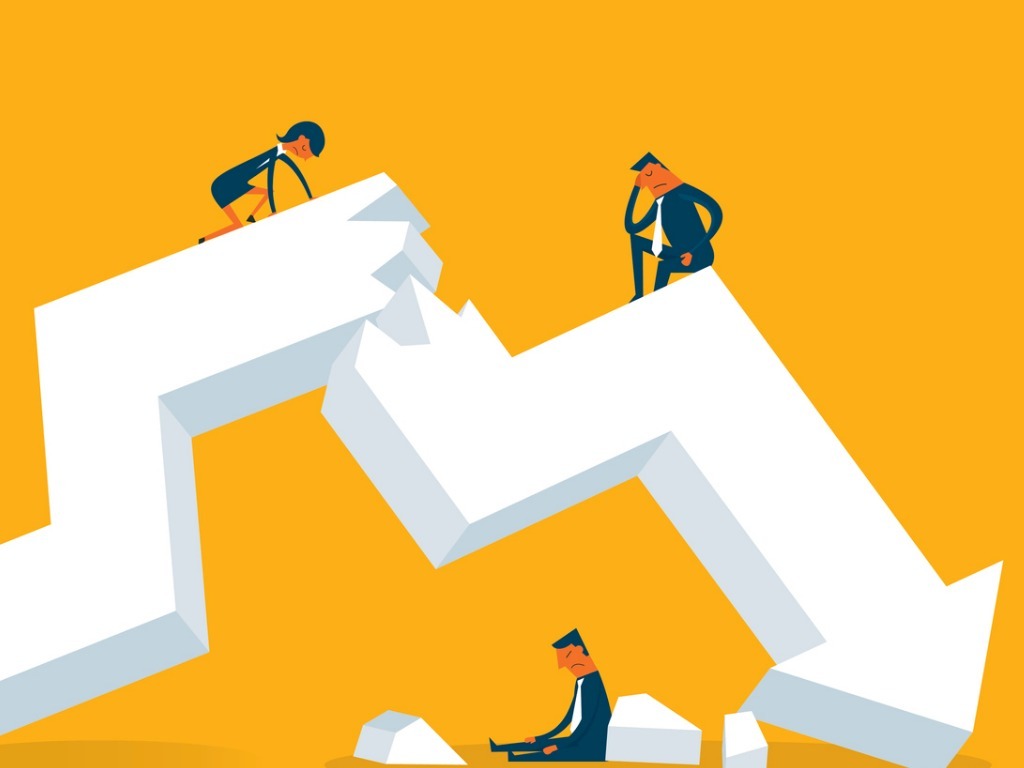
We all have the ability to improve and build positive mental habits to increase resilience explains Carole Spiers
Today’s business world encourages an ‘always-on’ lifestyle. It’s a fast-paced environment that promotes 24/7 connectivity. Trying to meet such high expectations can lead to stress as you struggle to cope with the constant pressure or you run yourself into the ground, finding yourself on the road to burnout. Not only this, but it’s an ever-changing world. Companies are always looking to improve, develop or expand. You might start to feel unsure about the changes you’re facing at work and worried about your place and role within the company.
What is Resilience?
Resilience is an innate quality found within us all, based upon our beliefs, character and experiences but also on our perspective and mental state. Resilient people will generally be able to move on from failures quicker and more effectively, they see the lessons to be learned rather than accepting defeat, they’ll move forward with optimism despite facing setbacks.
Resilience is the key to being adaptable. It can help you to view change as an opportunity and to learn from those things that didn’t work, rather than remaining fixed in one direction or feeling defeated in the wake of failure. It isn’t just about recovering quickly, but the consequential learning is just as valuable. Knowing and preparing for the possibility of setbacks to occur is a huge part of acquiring and utilising resilience. Resilience training can help you to spot triggers and issues before they occur which can prove more vital than the management and resolution stages.
Despite starting out at a lower vantage point, everybody has the ability to improve and build positive mental habits that increase resilience.
Increase Your Resilience
1. Rely on relationships
Maintain close contact with those who you trust: mentors, colleagues or friends, especially in difficult times. Relying on the right people can prove vital in getting you through hardship. Social support has been linked to improved mental health, reduced stress and higher levels of motivation.
2. Take action
You will always feel better by taking control of the situation. Many people become more stressed and unable to deal with a situation because they feel helpless. However, resilient people take action even when the outcomes are ambiguous. Don’t be a result, be a force.
3. Stay on top of self-care
Resilience requires energy, motivation and drive. These things will be lacking without sufficient fuel, rest and recovery. Eat well, sleep enough, exercise regularly and take time out for activities. Neglecting self-care causes you to feel worse and puts you at a disadvantage to meet your challenges.
4. Keep a check on your emotions
For many, stress and uncertainty can manifest themselves in negative reactions – anger, sadness or ignorance. Take the time to understand your circumstances and to process your emotions, making you more clear-headed about what to do next.
5. Remember perspective
Never lose sight of where you want to be and why. Don’t let one bad situation affect your overall view of life. It is normal to feel disappointed, but you should not be defeated. Life has plenty to offer, good and bad, so keep this in mind.
6. Practise Mindfulness
Although you can’t change the fact that setbacks will occur, you can change the way you respond. Mindfulness encourages you to change the way that you think and feel about stressful or ambiguous experiences. Much stress is caused by worrying about the future or over-analysing the past. Mindfulness teaches you to be present, meaning you have nothing to think about besides that very moment.
Developing resilience means you have the capability to bounce back. It is hugely important in the workplace as it promotes the ability to adapt, remain inspiring and motivating through difficult times, and to respond positively to periods of change and uncertainty outside of your control.
It can help you to cope with your daily pressures, preventing them from growing and developing into stress. If you do not recognise yourself as a resilient person but you want to be, we can show you how. The right training at the right time can equip you with the tools to reduce stress by building up your resilience levels. Don’t let setbacks get you down. Pick yourself up, move on, and do better from it!













